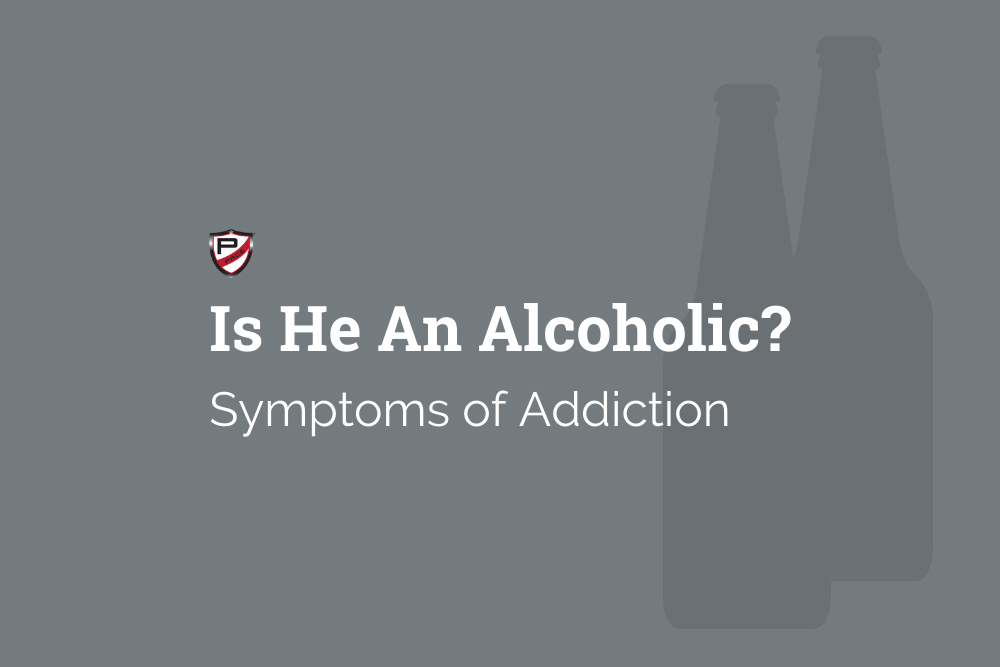Alcohol is legal, easily accessible and socially acceptable. As a result, some people believe drinking is a safe way to relax, make friends and enhance activities like concerts and sports events. However, alcohol has done more cumulative damage to people’s health, relationships and overall quality of life than any other drug. In addition, its harmful societal effects are wide-ranging and can result in illegal activities, irresponsible decisions, violence and legal and financial problems.
Alcohol Abuse Tendencies
Sometimes, it can be challenging to tell when drinking has crossed the line into problematic behavior because for most men, the progression from tolerance to dependence to full-fledged alcohol addiction happens gradually. Occasionally having a beer or a glass of wine doesn’t mean your loved one has a substance use disorder, but when he starts feeling the urge to drink daily, that’s an early warning sign. Another red flag of a growing addiction is craving alcohol or talking about wanting to drink when sober.
Here are some other issues problem drinkers might experience as alcohol begins to take over their lives.
- Wanting to stop drinking, but finding the habit is too hard to break
- Prioritizing drinking over other aspects of life
- Lying about the amount they drink or trying to hide the evidence to prevent other people from suspecting they are addicted
- Drinking alone because they are ashamed about how much they drink
- Frequent blackouts, during which they do things they have no memory of the next day
- Doing irresponsible things under the influence, like driving drunk
- Becoming distressed or anxious when they run out of alcohol
- Trying to change the subject if someone mentions that they might need help
The Dangers of Alcohol Withdrawal
Addiction is a chronic disease that affects brain chemistry by hijacking the built-in reward system. Eventually, it will become increasingly difficult to take pleasure from any other activities, and problem drinkers may only feel like their genuine selves when they’re drinking.
The human brain is a plastic organ, which means it can reconfigure and adjust itself in response to changing circumstances. When your loved one’s brain adapts to alcohol’s effects, it will struggle to achieve the same equilibrium when he tries to cut back or quit entirely. At that point, alcohol withdrawal begins.
Withdrawal symptoms include a range of physical and emotional issues that vary in severity. These include:
- Nausea and vomiting
- Insomnia and chronic fatigue
- Irritability
- Sensitivity to light, noise and touch
- Anxiety or depression
- Suicidal thoughts
Alcohol is one of the most dangerous substances to try quitting cold turkey because some heavy drinkers are at risk of delirium tremens, a serious condition characterized by hallucinations, uncontrollable sweating and shaking, seizures and heart palpitations. Delirium tremens is sometimes fatal, so it’s a medical emergency that requires immediate attention from experienced health professionals.
Addiction Treatment for Men
One long-lasting stigma about addiction is that it only happens to people who have some inherent weakness or moral flaw. At PACE Recovery, we know that couldn’t be further from the truth because we have worked with clients from all belief systems and ways of life.
If your loved one struggles with an alcohol use disorder and has tried to quit, a men’s-only rehab program tailored to his needs will equip him with the tools he needs to manage his illness for the rest of his life. The first step is medically managed detoxification, during which health care providers will monitor withdrawal symptoms and work to make your loved one as comfortable as possible. Then, he can move into the next phases of treatment. Call us today to learn more about thriving in recovery.



